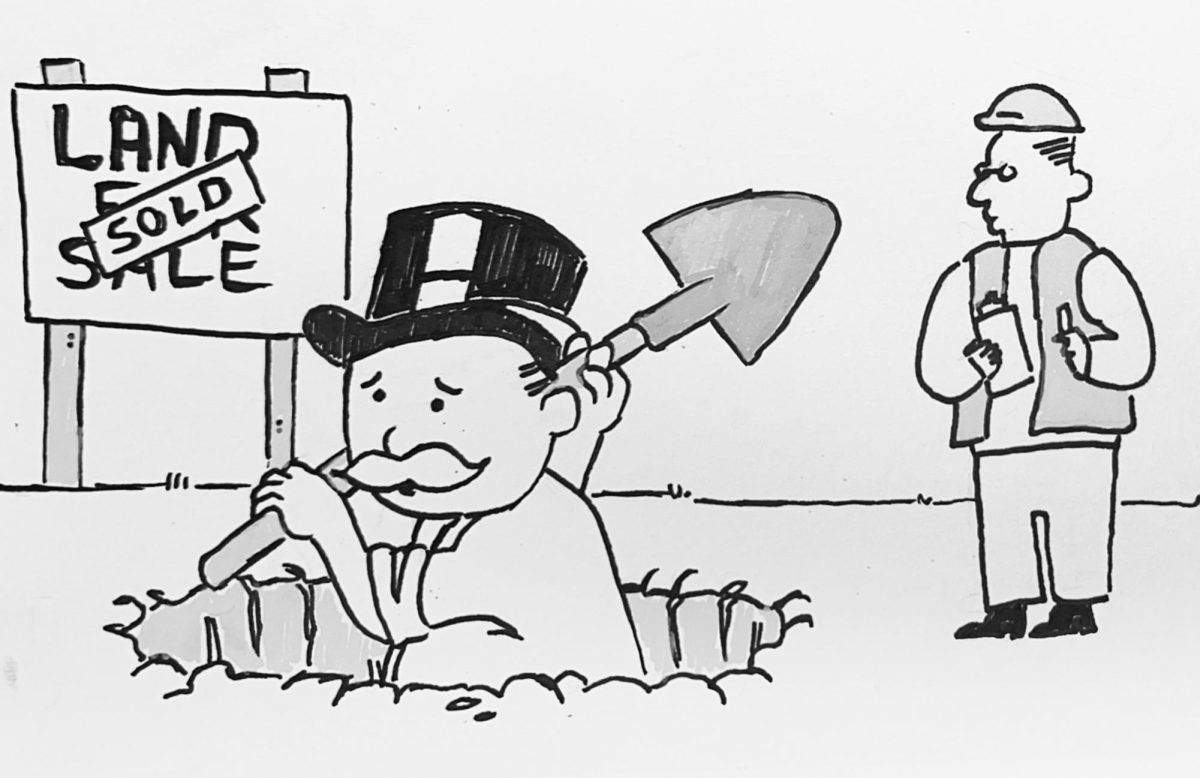by Valerie Lopez
WHITMAN COLLEGE PIONEER
“So why don’t you go to church anymore?”
Growing up in a culture that deeply values religion, I know, just know, that I’m bound to be questioned regarding my lack of church-attendance. I can just foresee the expression on my interrogator’s face; one that clearly spells out, “Oh, she’s another lost cause.” I just cringe at the thought.
It is completely unjust to simplify and reduce my reasons to a teenage rebelling tendency manifesting itself through a disaffiliation with a Church. I have a very strong feeling that almost every Whitman student could eloquently present their own soliloquies to such a charged question: I don’t mean to precipitate any arguments of the extremist sort: I merely intend to explain myself.
As I have personally experienced, when religion is integrated into a culture, it inevitably becomes part of an individual’s identity. This integration occurs rather insidiously: and that’s not necessarily bad at all: just like quoting “Zoolander” can become part of an individual’s idiosyncratic habits. Nevertheless, I was born into such a culture and grew up in an environment where everyone was Catholic, and therefore so was I. However, as I grew older, my affiliations with a religion were consistently challenged by the depth of my own religiosity. As I discovered, though I regularly attended masses and all that, I wasn’t necessarily a religious person, regardless of my belief in a higher being.
Later on, education became my catalyst; I decided to disaffiliate myself from a religion because I acquired a better understanding of myself and the world around me. Not that education itself leads religious believers astray, but it challenged my own preconceived ideas and inevitably led me to come up with my own “working conclusions.”
My disaffiliation stemmed from several reasons, one of them being that religion to me became a political party. Politics is a perpetual series of frustrations and disappointments; why must religion become one? The homilies became a medium for asinine political propaganda and church attendees encouraged the voting support of certain candidates. I couldn’t justifiably affiliate myself with something I didn’t agree with.
If I were to allow being Catholic as part of my personal identity, then I must do so wholeheartedly; I couldn’t just give a blind eye to certain facets of the Church I didn’t like. More importantly, religion has ultimately failed in providing its primal purpose. The spiritual satisfaction was gone. Religion no longer transcended my daily life, and if that is lost, there’s no use in attending mass on Sundays, except to keep appearances. And I’m not one for performance.
Yet, with all of that said, my belief in a higher being has never wavered. Although we as a campus proclaim to be liberal and open-minded (and to a great degree, I believe we are), “God” here is such a taboo because “God” is invariably associated with a religion. Ironically for me, education has enriched my spirituality far greater than I anticipated. In fact, I feel as if I have a stronger relationship with a higher being because of what I’ve been reading and what I have experienced. When I read poems and literature, I get not just a spiritual satisfaction, but even a spiritual elevation. I always feel like I’m tapping into a universal dialogue, or rather a polylogue, one that is transcendent and far bigger than I am.
I find a “God” in TS Eliot, in Nietzsche (I know), in Howard Zinn, in carbon compounds, in ATP synthase. I find a “God” in friendships, in relationships, in family-ships. I’ve learned the utter necessity of compassion for others not through the Beatitudes, but through “Beloved”‘s Sethe.
In other words, I’ve found a different mode of spirituality, one that is not dissonant from other facets of my personal identity. It is not tainted with political agendas or another individual’s interpretation of “The Word,” because it is my spirituality, my own unadulterated interpretation.
I didn’t realize the potential oppression present in a necessity to be part of an established religion until I wasn’t in one. It’s liberating: isn’t that what religion is supposed to be anyway? Well I obviously can’t know everything. I do know this however: Robert Frost was right: “and yet for all this help of head and brain / how happily instinctive we remain / our best guide upward further to the light / passionate preference such as love at sight.”








